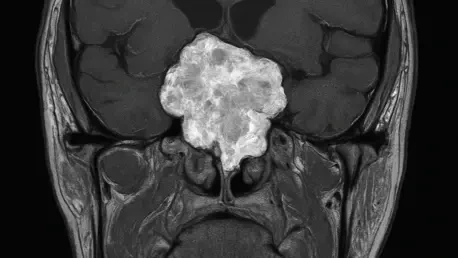
Welcome to an insightful conversation with Dr. Ivan Kairatov, a distinguished neurosurgeon renowned for his expertise in rare skull base tumors and innovative surgical techniques. With a focus on sellar chondrosarcomas—a particularly uncommon and challenging condition—Dr. Kairatov has been at the
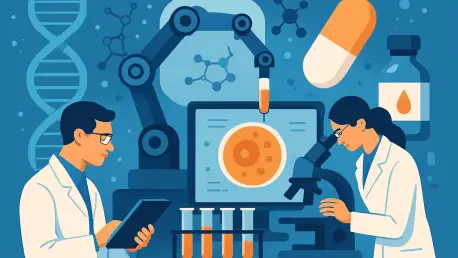
We’re sitting down with Ivan Kairatov, a renowned biopharma expert with extensive experience in research, development, and cutting-edge technology within the industry. With a career dedicated to pushing the boundaries of innovation, Ivan offers a unique perspective on how science and tech intersect

Imagine a scenario where a newborn in Qatar is screened for life-threatening genetic conditions before even leaving the hospital, with results so accurate that families can avoid years of uncertainty and distress. This is no longer a distant dream but a reality through the BeginNGS program, a
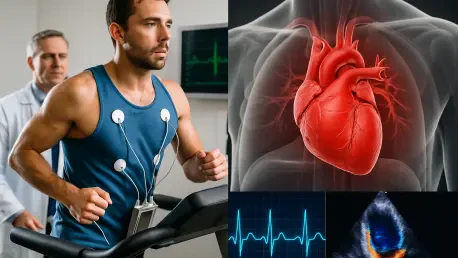
In the dynamic world of sports, where athletes push their bodies to extraordinary limits, ensuring cardiovascular health has never been more critical, especially with a surge in both competitive and recreational sports participation. The risk of undiagnosed heart conditions looms large, potentially
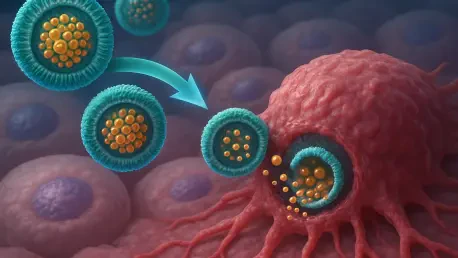
I'm thrilled to sit down with Ivan Kairatov, a renowned biopharma expert with extensive experience in research and development, particularly in cutting-edge technologies and innovations in the industry. Today, we’re diving into a groundbreaking advancement in cancer treatment—a new formulation of
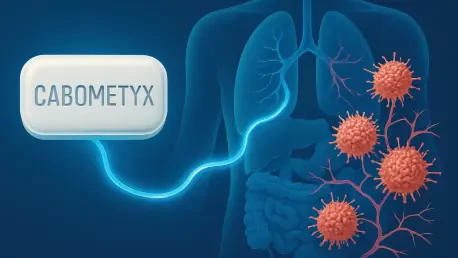
I'm thrilled to sit down with Ivan Kairatov, a renowned biopharma expert with extensive experience in research and development, as well as a deep understanding of technological innovation in the industry. Today, we’re diving into the recent European Commission approval of Cabometyx for advanced